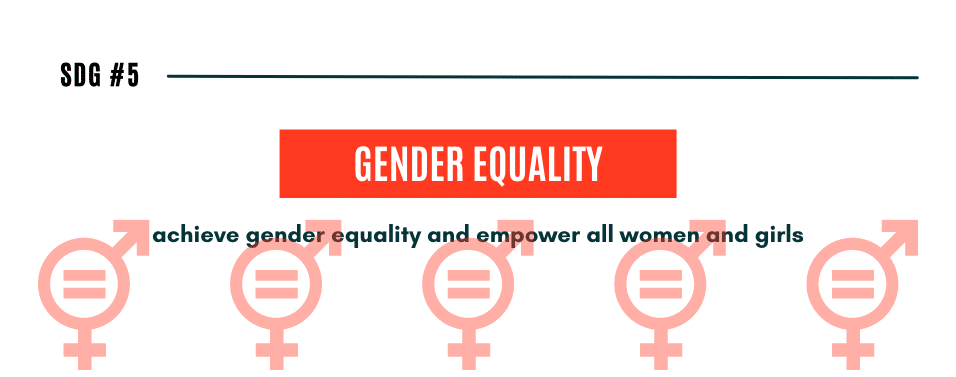Throughout history, the quest for peace has been inextricably linked to the pursuit of equality. In the context of the Bahá’í teachings, the notion of equality between men and women is highlighted as a paramount principle that can lead to global harmony. This ideology not only arises from the intrinsic value of justice but is intricately woven into the very fabric of societal progress. The teachings of the Bahá’í Faith present a paradigmatic shift in the understanding of gender roles, advocating that the empowerment of women is a decisive factor in fostering an enduring peace.
In exploring this notion further, it is essential to delineate the foundational aspects of the Bahá’í perspective on gender equality. The Bahá’í writings unequivocally assert that women and men are equal in the eyes of God, both possessing the same potential for intellectual and spiritual development. This principle asserts that the empowerment of women is not merely a social nicety but rather a necessary condition for the flourishing of civilization itself. The synthesis of male and female qualities—characteristics traditionally ascribed to each gender—provides a comprehensive approach to problem-solving and societal advancement.
The first noteworthy aspect of this framework is the historical context of women’s roles across different cultures. For centuries, patriarchal structures have marginalized women, relegating them to roles that did not allow them to fully participate in societal development. However, the Bahá’í Faith calls for a radical re-evaluation of these societal norms. It emphasizes that a comprehensive understanding of equality must permeate all levels of society, from individual interactions to governmental policies. The Bahá’í perspective seeks to eradicate systemic gender biases that inhibit progress and perpetuate conflict.
A pivotal aspect of the Bahá’í teachings on gender equality is the indispensable role of education. Education is regarded as a transformative tool, fostering not only personal growth but also societal evolution. The Bahá’í writings underscore the significance of ensuring equal educational opportunities for women, advocating that when women are educated, entire communities flourish. This educational imperative dramatically illustrates how enlightenment can dismantle longstanding biases, fostering a culture of equality that is indispensable for peace. By enabling women to access knowledge and skills, societies can unlock paths to innovation and collaboration, essential for harmony.
Moreover, the concept of equality in the Bahá’í teachings extends beyond mere educational access. It invites a deeper engagement with the idea of shared responsibilities within the household and community. The family unit, historically characterized by rigid gender roles, is re-envisioned as an egalitarian model where both partners contribute equally to nurturing, economic stability, and decision-making. This egalitarian ethos lays the groundwork for a society in which mutual respect and cooperation thrive, diminishing opportunities for discord and fostering communal solidarity.
Implementing gender equality is not solely a domestic concern; it also transcends into regional and global spheres. The Bahá’í approach advocates for women’s representation in all decision-making bodies, positing that inclusive governance is crucial for crafting just and enduring policies. Historically, women’s voices have been marginalized in political discourse, yet their perspectives are invaluable in elucidating the diverse challenges faced by global societies. Thus, the Bahá’í teachings urge collective action to ensure that women hold equitable representation in political arenas, thereby enhancing the legitimacy and efficacy of governance.
Furthermore, Bahá’í teachings emphasize the symbiotic relationship between gender equality and the prevention of conflict. Societies that embrace the principles of equality tend to foster environments where individuals can peacefully negotiate their differences. When women are empowered, they often emerge as pivotal agents in conflict resolution, employing empathy and collaboration to navigate disputes. These characteristics, nurtured through the promotion of gender equality, contribute substantially to the cultivation of peace. The Bahá’í Faith promotes this ethos by advocating for conditions where equality is not merely aspirational but a lived reality for all.
Ultimately, the vision of peace and progress articulated within the Bahá’í teachings is fundamentally reliant on the establishment of gender equality. The interconnectedness of these principles manifests through the recognition that when women thrive, entire societies benefit. This assertion goes beyond simplistic correlations; it delves into the heart of social justice, advocating for a transformative recalibration of values that positions equality as a vital precursor to a harmonious existence.
In conclusion, the Bahá’í teachings crystalize a profound understanding of the essential nature of gender equality in the quest for lasting peace. Through a multifaceted approach that encompasses education, familial dynamics, political engagement, and conflict resolution, these teachings challenge deep-seated norms and advocate for a society characterized by balance and fairness. As the world grapples with persistent challenges of inequality and discord, the principles elucidated within the Bahá’í Faith provide a compelling and transformative framework, urging humanity to embrace the invaluable contribution of women as an indispensable cornerstone for achieving peace and progress.
